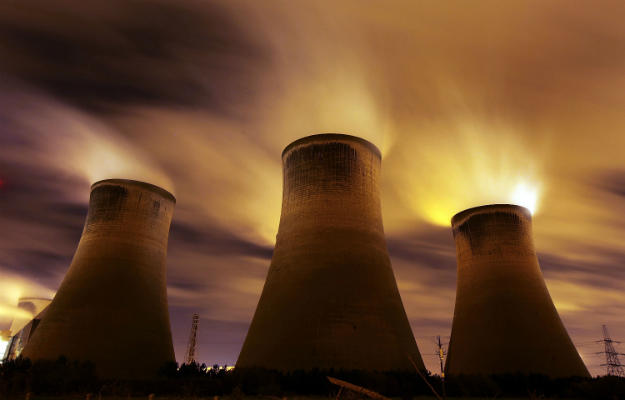
By Gernot Wagner and Martin L. Weitzman
With efforts to halt climate change on life support, scientists are looking at some radical options to save our planet. But could the cure be worse than the disease?

How serious is the threat of global warming? One way to figure out is to take your cues from some leading climate scientists: They have moved on. That doesn’t mean they’ve abandoned the issue, but they are looking beyond what all agree is the most obvious solution — decreasing the amount of carbon we spew into the atmosphere in the first place.
These scientists are beginning to look for a Plan B. There are two distinct approaches under consideration — sucking carbon out of the atmosphere, or creating an artificial sun shield for the planet. The former, which involves reversing some of the very processes that are leading to the climate problem, is expensive. The latter just sounds scary. David Keith, a leading thinker on geoengineering, calls it "chemotherapy" for the planet. "You are repulsed?" he says. "Good. No one should like it. It’s a terrible option."
Repugnant or not, with the globe failing to develop other ways to halt climate change, geoengineering is increasingly becoming an option. The science and engineering are relentlessly marching on: Most research so far has focused on computer modeling, but some has started to move beyond — trying to test, for example, how to deliver particles into the upper reaches of the atmosphere. This summer, an entrepreneur conducted a rogue experiment, dumping 100 tons of iron into the Pacific in an attempt to "seed" the ocean and spur the removal of carbon dioxide from the atmosphere. This episode represents a particularly apt example of science — in this case, self-experimentation — speeding far ahead of public opinion and oversight.
Continue reading on ForeignPolicy.com.

